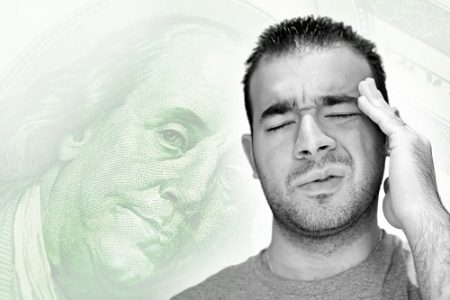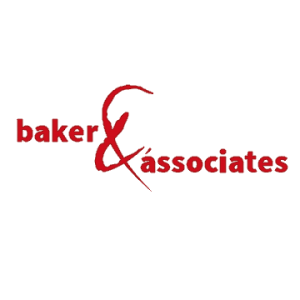
During our current economic crisis, retail and restaurants are going out of business in record numbers. For large complex businesses, Chapter 11 bankruptcy will oversee the procedures and reorganization of the company’s debt. These corporations seek the court’s protection while working out a plan to pay their debts and resume business. When a company has no hope of continuing with their business, the trustee will liquidate its assets and pay the creditors from the proceeds.
Chapter 7 Bankruptcy
For individuals, there are two chapters of the Bankruptcy Code that will protect the consumer. Chapter 7, in which the debtor’s assets are sold, and the proceeds are given to their creditors to satisfy their debt. More often than not, the debtor will not lose assets due to the value being less than its worth to sell or exemption protections. A Chapter 7 bankruptcy will eliminate most of your unsecured debt, like credit cards, medical bills, and payday loans. This type of bankruptcy will take three to six months to complete.
Chapter 13 Bankruptcy
Chapter 13 involves a repayment plan and is used for those individuals whose income is more than their state’s average, or they have secured property such as a home or a vehicle that they would like to keep. When you and the courts have agreed on a monthly payment plan, you will make the court’s payments for three to five years, depending on the amount of debt and income.
Another Chapter of the Bankruptcy Code used for family farmers is Chapter 12. It is similar to Chapter 13 and is a reorganization bankruptcy.
If you are struggling with debt during this COVID-19 lockdown and don’t see how you can catch up, contact a Houston bankruptcy attorney to find out how you can get financial relief.
